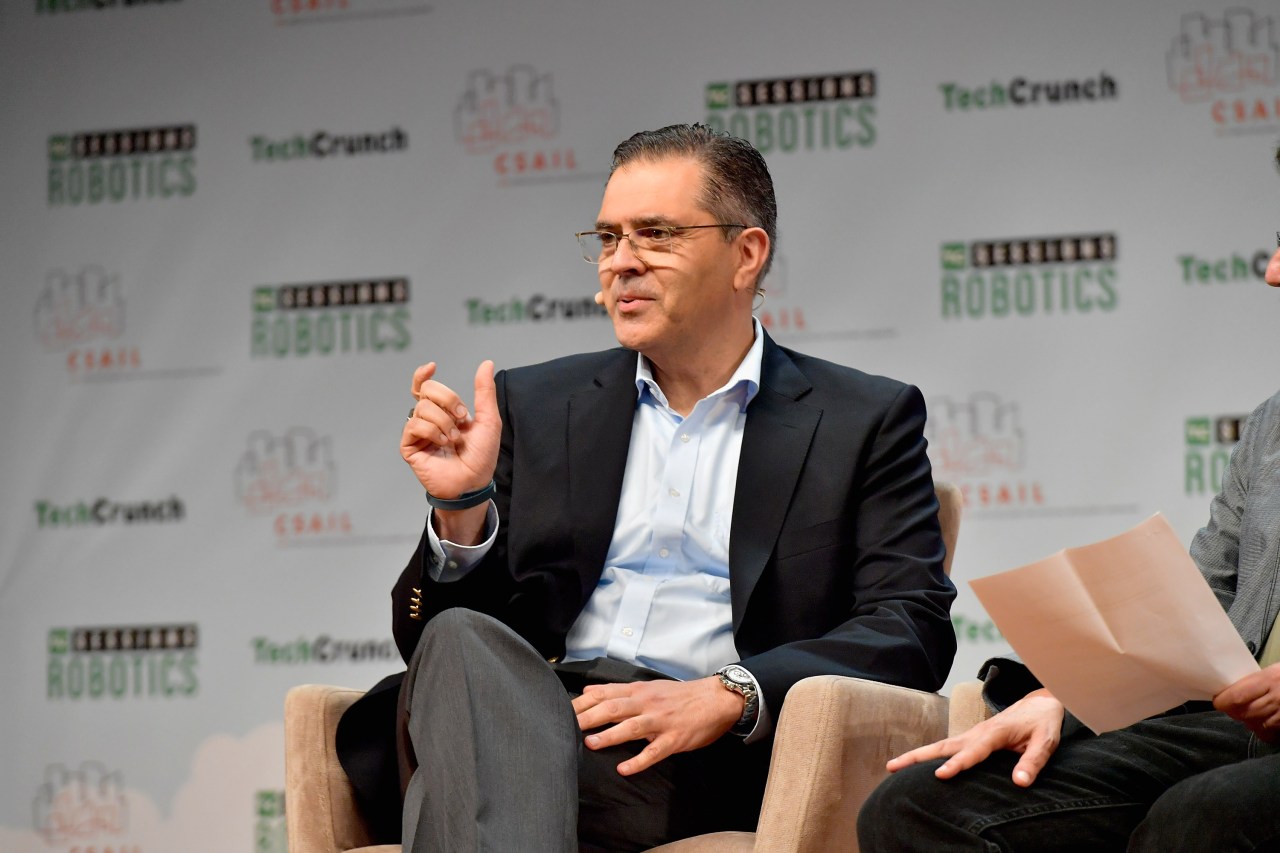In an era where automation is taking center stage, the narrative around industrial robots has often leaned towards a pessimistic outlook, claiming they may eliminate jobs. However, Sami Atiya, the president of ABB’s Robotics and Motion division, presents a refreshing perspective. During a recent interview at the TechCrunch Robotics Session at MIT, he argued that instead of driving job losses, robots can actually create more employment opportunities. This unconventional view challenges the prevailing fears surrounding automation.
Countering Conventional Wisdom
Atiya’s assertions are backed by substantial evidence, particularly from ABB’s impressive installation of over 300,000 industrial robots globally. According to Atiya, countries like Japan and Germany, which boast a high ratio of robots to human workers, have the lowest rates of unemployment in the manufacturing sector. Notably, Japan and Germany feature roughly 300 robots per 10,000 employees, yet they enjoy robust manufacturing employment. This correlation highlights a crucial point: automation doesn’t necessarily displace workers; it can enhance productivity, thereby leading to job creation.
Statistics that Speak Volumes
Delving deeper into U.S. data, Atiya pointed to significant trends that merit attention. Over the last five years, the addition of 100,000 industrial robots in the U.S. has been linked to the creation of approximately 270,000 new jobs—an impressive ratio of more than two jobs for each robot introduced. This statistic underscores that investment in automation often aligns with broader economic growth rather than a wholesale job elimination.
Addressing Fears with Historical Context
The fears surrounding job losses due to automation are not unfounded, given alarming projections like the PwC study predicting that 38% of U.S. jobs could be at risk from automation by the early 2030s. However, Atiya analogizes today’s robot revolution to previous technological shifts, such as the introduction of the steam engine and electricity, all of which initially incited widespread concern. Yet history tells a different story: each of these revolutions ultimately resulted in job creation and enhanced economic activity driven by increased productivity.
The Macro-Economic Perspective
A key factor driving companies to adopt robotics is the growing scarcity of skilled labor. Atiya emphasizes that firms must incorporate automation to remain competitive, stating, “It’s not a question [whether] you want to do it or not. You have to do it to stay competitive as a nation, and also as a company.” This reality pushes businesses not only to think about efficiency but to cultivate a workforce equipped to work alongside these advanced technologies.
Embracing Change: The Human Factor
As apprehensions about job loss linger, Atiya remains optimistic about humanity’s ability to adapt. He notes that while it is natural to fear change, humans continuously find innovative ways to harness technology to our advantage. “We will find ways to cope with them and use them as tools,” he asserts. Embracing this mindset can provide the confidence needed to face the future of work that is increasingly intertwined with automation.
Conclusion: A Future with Robots
The implications of integrating industrial robots into our manufacturing processes are profound and multifaceted. Rather than heralding the end of jobs, as many critics suggest, evidence indicates that well-implemented automation can bolster job growth and enhance productivity. The key lies in adapting to these innovations and redefining the nature of work to embrace the opportunities they present.
At **fxis.ai**, we believe that such advancements are crucial for the future of AI, as they enable more comprehensive and effective solutions. Our team is continually exploring new methodologies to push the envelope in artificial intelligence, ensuring that our clients benefit from the latest technological innovations. For more insights, updates, or to collaborate on AI development projects, stay connected with **fxis.ai**.

